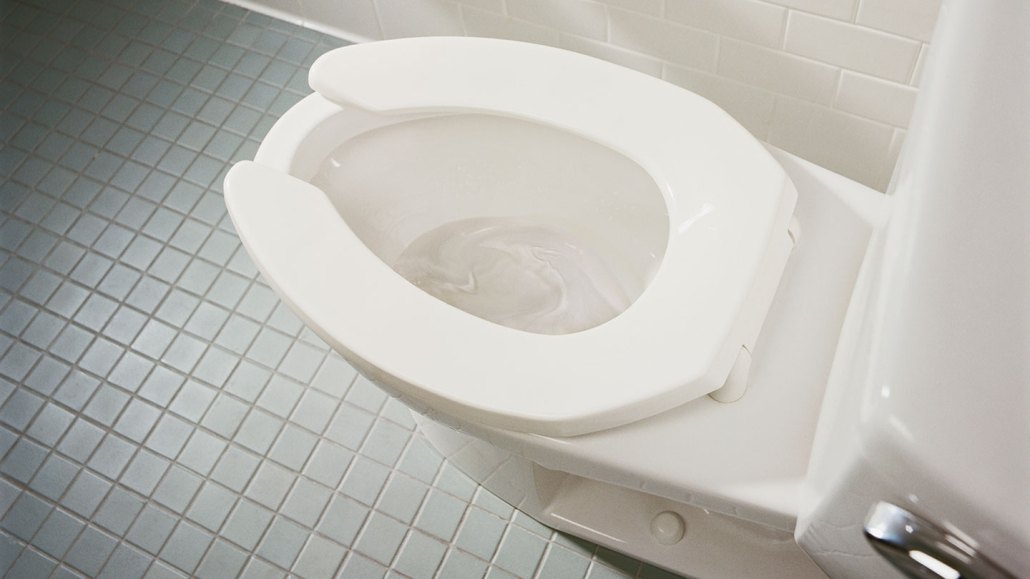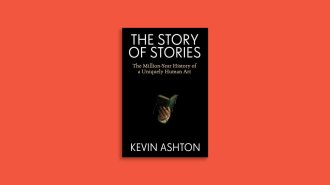
Is it time to can the can? Pipe Dreams explores how toilets could fill multiple duties.
GK Hart/Vikki Hart/Stone/Getty Images
Pipe Dreams
Chelsea Wald
Avid Reader Press, $27
Everyone poops. But not everyone has a safe, sanitary place to do it. What’s more, existing wastewater treatments consume tons of water and energy while flushing away materials that could make fertilizers, fuels and other products.
“We can do better,” science journalist Chelsea Wald writes in Pipe Dreams, which recounts how scientists, entrepreneurs and activists are coming up with creative ways to make bathrooms more available and sustainable.
About 2 billion people lack access to adequate toilets. Pipe Dreams spotlights organizations that seek to change that. One such nonprofit is Sustainable Organic Integrated Livelihoods, or SOIL, which serves neighborhoods that lack sewers in Cap-Haïtien, Haiti. Residents there traditionally have relied on pit latrines, which can poison well water. But SOIL users get home toilets outfitted with removable plastic pails, which SOIL employees collect regularly to dump in a nearby composting site.
Pipe Dreams really lives up to its title when Wald plunges into all the strange, unexpected ways that excrement can be used beyond compost. She describes a company in South Africa that feeds human waste to maggots; these critters then can be fed to animals or crushed to make oil. In Kenya, she finds an organization that makes briquettes from poop — in stoves, these burn cleaner and last longer than charcoal. Pure urine can make fertilizer, but Wald notes that when mixed with sand and bacteria, it can also make bricks. Inventions like the Lapee female urinal, a pink cubicle in which the user squats over an oval-shaped receptacle to relieve herself, can help gather this pure pee. But peeing in one is a weird enough experience that, as one woman who used one at an outdoor festival said, “You need to be a little bit drunk to do it,” Wald quotes.
Sign up for our newsletter
We summarize the week's scientific breakthroughs every Thursday.
Wald may not have sat on this particular pink throne, but she’s had enough experience with newfangled toilet technology to earn the nickname “Queen of Loo-topia” among her peers. Readers couldn’t ask for a more qualified guide to take them on a world tour of next-gen sewage schemes. In the book, Wald visits a facility in Africa that cleans portable toilets, enriches her home garden with Swiss-made urine-based fertilizer and sits on pee-diversion toilets in the Netherlands — which go beyond Lapee to harvest both pee and poop.
After years of (metaphorically) immersing herself in excrement, Wald is immune to squeamishness. Her narration is frank and funny, and her sewage savvy allows her to weave in fascinating scientific and historic details, from the health benefits of squatting versus sitting to rumors that Joseph Stalin used a special toilet to steal the excretions of world leaders.
Pipe Dreams leaves readers knowing everything they ever wanted to know (and probably more) about toilets, perhaps inspiring them to start giving way more of a crap about crap. That’s a good thing: As Wald demonstrates, issues around excrement involve social justice and environmental sustainability. “We shouldn’t settle for the toilets we’ve inherited,” Wald writes. After finishing Pipe Dreams, a reader can’t help but agree and hope that, thanks to toilet visionaries around the world, we may someday achieve Loo-topia.
Buy Pipe Dreams from Bookshop.org. Science News is a Bookshop.org affiliate and will earn a commission on purchases made from links in this article.






